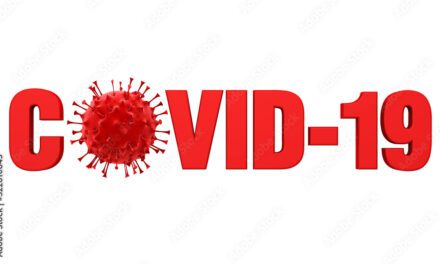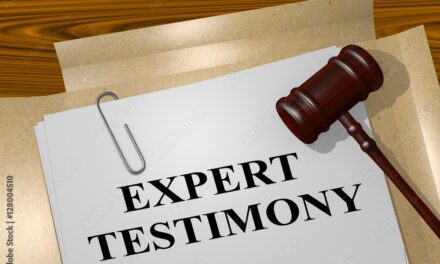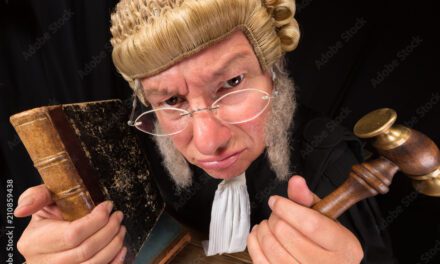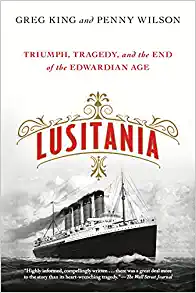Michael Sean Quinn, Ph.D, J.D., Etc.
EXPERT WITNESS TESTIMONY:
THE “IFs” AND THE “THENs”–
A CONTESTABLE HYPOTHESIS*
Inside experts sometimes have actual personal empirical knowledge of a set of relevant facts, but almost never all of them. Thus, to some extent, inside experts function just like outside experts.
This idea applies especially to the opinions and testimony about the performances of service providers–what is to be found in the “Then” basket. One of the main focuses in such testimony is the performance of the participating individuals, as well as companies, and,to a considerable extent, it is judged by established customary and reasonable patterns of adjusting along with the insurance contracts, applicable law, and facts to be found in the “If”-bucket used by the expert. An expert witness must know and study all of these topics, and the established practices may be the most important area for judging relevant facts.
Of course, usually experts are not permitted to testify about what the law is or should be, but if the service providers apply law in their activities, an appropriate expert is permitted to testify as to what the standard view of the service providers is. Opinions about lawyer malpractice is the easiest one to see here, insurance adjusters and brokers are another example, and the securities industry is full of such providers. (Insurance agents and brokers make an especially interest category or two. Many brokers, for example, have no idea about for whom the are the legal agents and who they are required to represent.)
Obviously, it is important for the expert to fill the “fact bucket with “the right facts,” objectively selected and what might be called the “true facts” to the extent possible. Facts to the contrary cannot be ignored or rejected out of hand. The ideal situation for an adjuster is where the opposing facts each supports his opinions. This happens more often than one might think.
Another blog will discuss how to classify different sets of facts. The categories should be kept straight in the mind of the expert, except where the categories overlap, and then she must be clear about the boundaries of the overlap.
______________________________________________________________
*Perhaps it might be remembered that all hypotheses are contestable. That is what a hypothesis is, and one of the most important ways to think about whether a hypothesis is correct or false is to argue with it and try to falsify it. This could be called the proper Popper Principle.







Recent Comments